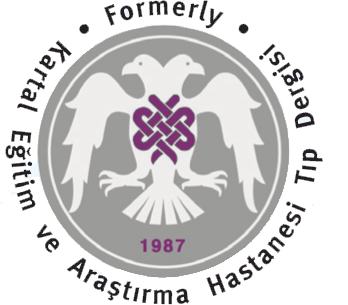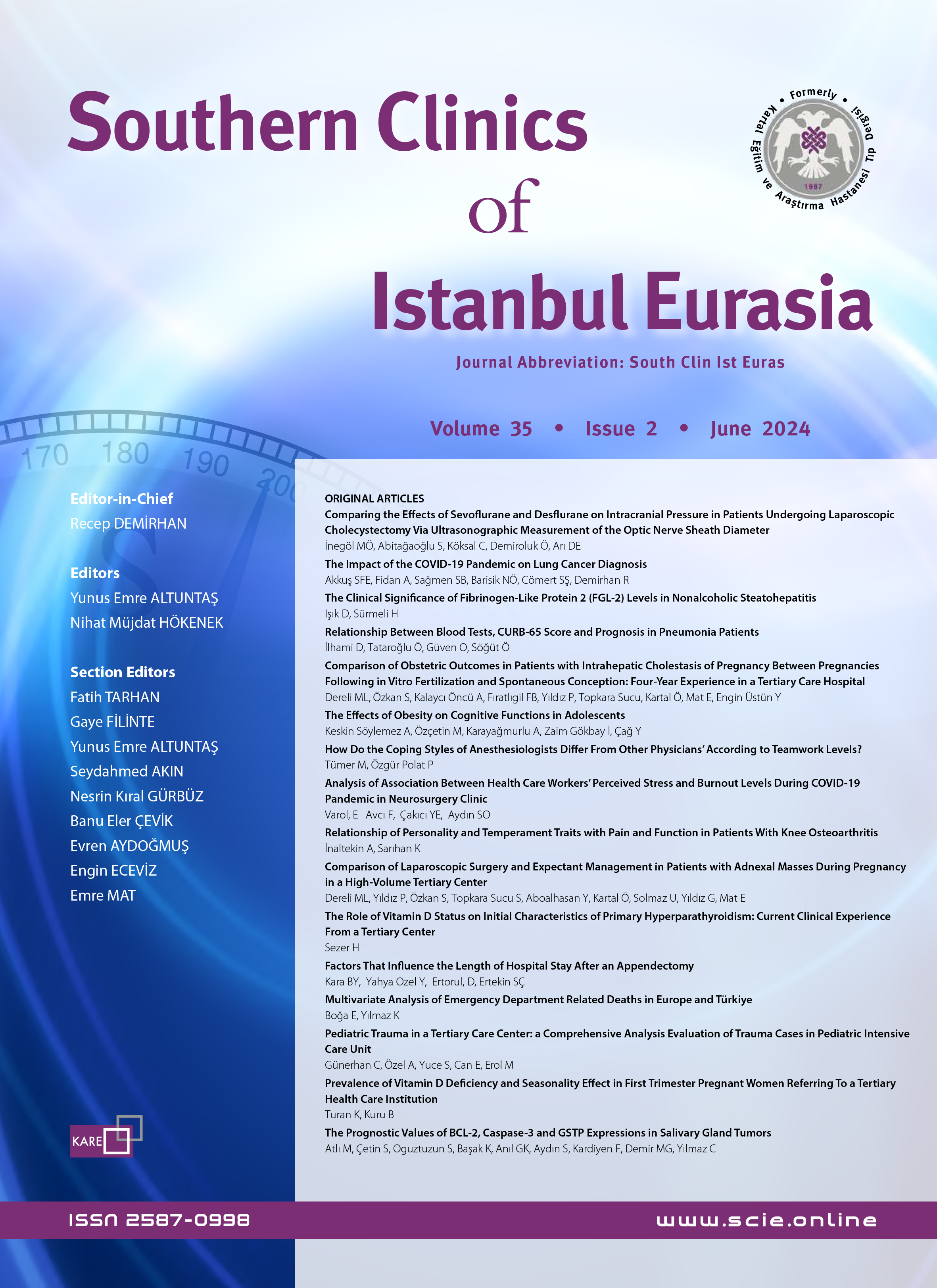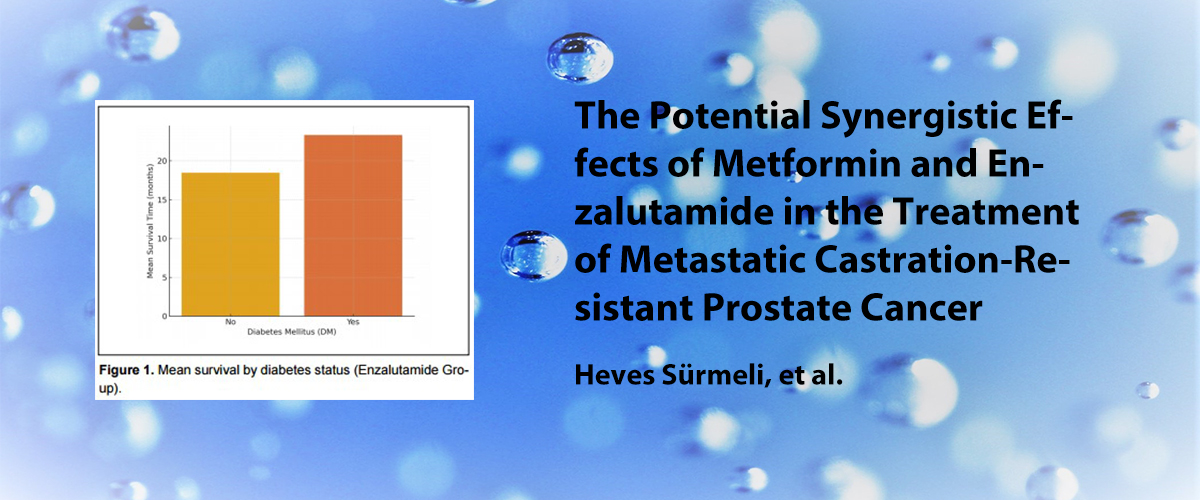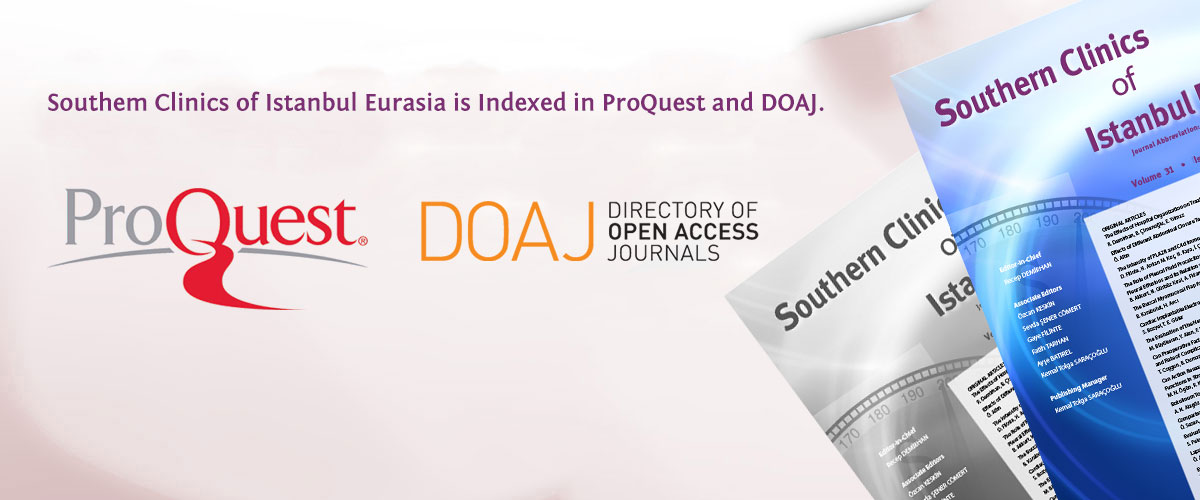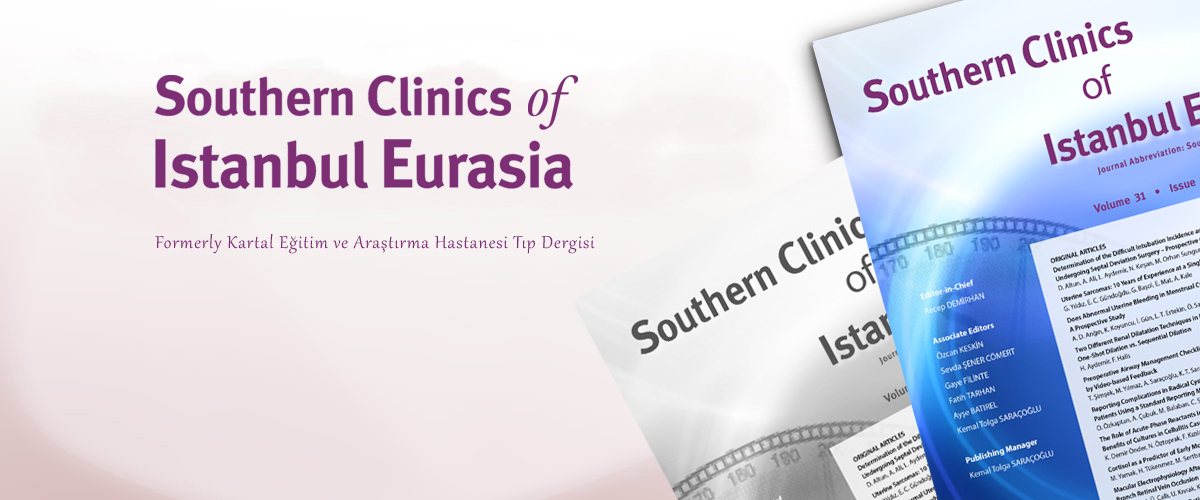ISSN : 2587-0998
COVID-19 Pandemi Sürecinde Aile Hekimliği Uygulaması ve Yönetiminin Değerlendirilmesi: İki İl Örneği
Kazım BaşMunzur Üniversitesi, Tunceli Meslek Yüksekokulu, Tıbbi Hizmetler Bölümü, Tunceli, TürkiyeGİRİŞ ve AMAÇ: Salgın sürecinde koruyucu sağlık hizmetleri önemli hale gelerek, salgının önlenmesi ve kontrolünde aile hekimlerinin kilit rol oynadığı görülmektedir. Dolayısıyla bu çalışma, aile sağlığı merkezinde çalışan hekimlerin Covid-19 pandemisinde aile hekimliği uygulaması ve yönetimi ilişkin görüşlerini değerlendirmek amacıyla yürütülmüştür.
YÖNTEM ve GEREÇLER: Tanımlayıcı ve kesitsel türden olan çalışma, Türkiyenin doğusunda yer alan iki ilde Eylül-Kasım 2021 tarihlerinde, 204 aile hekimiyle yürütüldü. Araştırma verileri anket formu ile toplandı. Veriler SPSS Windows 24.0 paket programında, sayı ve yüzdelik ile analiz edildi.
BULGULAR: Aile hekimlerinin %69.6sı salgında binanın fiziki yapısı ve donanımının yetersiz olduğunu, %68i bireysel koruyucu ekipman temininde sorun yaşadığını, %59.3ü personel sıkıntısı yaşadığını ve %96.6sı salgın koşullarına bağlı hastaları evde ziyaret edemediğini belirtti. Covid-19 salgınıyla birlikte; %55.9u etkin yönetimle birlikte nitelikli yöneticiye ihtiyaç olduğunu, %42.2sı salgının yönetimi ve kontrolü için sahadan hekimlerin görüşünün alınması gerektiğini belirtti.
TARTIŞMA ve SONUÇ: Aile hekimleri salgın sürecinde binaların fiziki yapısı ve donanımı, tıbbi-araç gereç temini, personel sayısı, evde hasta ziyaretleriyle ilgili bazı sorunlar yaşamıştır. Aile hekimleri salgın yönetiminde etkin hizmet sunumunda yeterli kaynak desteğinin sağlanmasını, iş yükünün azaltılmasını, personel desteğinin sağlanmasını, aile hekimliği politikalarının yeniden oluşturulmasını ve bu süreçte aile hekimlerinin görüşle-rinin alınmasını önermektedir.
Evaluation of the Practice and Management of Family Medicine During the COVID-19 Pandemic: Two Provinces Sample
Kazım BaşDepartment of Health Programs, Tunceli Vocatioanl School, Munzur University, Tunceli, TürkiyeINTRODUCTION: Preventive health services have become more important during the epidemics, and family physicians play a key role in the prevention and control of the epidemics. There-fore, this study was conducted to evaluate the opinions of physicians working at the family health centers on the practice and management of family medicine during the COVID-19 pandemic.
METHODS: The descriptive and cross-sectional study was conducted with 204 family physicians in two provinces in the east of Turkey between September and November 2021. The study data were collected using a questionnaire. The data were analyzed by number and percentage distributions.
RESULTS: The descriptive and cross-sectional study was conducted with 204 family physicians in two provinces in the east of Turkey between September and November 2021. The study data were collected using a questionnaire. The data were analyzed by number and percentage distributions.
DISCUSSION AND CONCLUSION: There were some problems in the family health centers regarding the equipment and physical structure of buildings, the supply of personal and protective equipment, the number of staff, and home visits to patients during the COVID-19 pandemic. Furthermore, family physicians recommend providing adequate resource support in effective service delivery in epidemic management, reducing the workload, providing personnel support, re-forming family medicine policies, and taking the opinions of family physicians in this process.
Makale Dili: İngilizce

